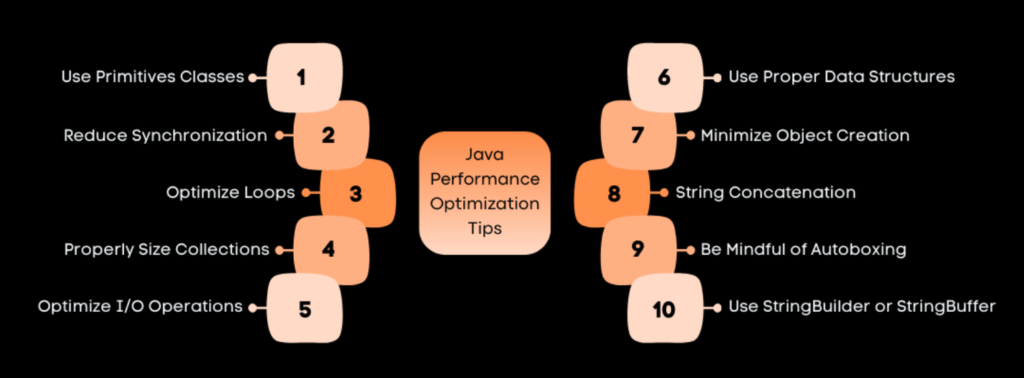Java is an immensely popular programming language that has been around since the mid-1990s. Today, more than 12 million IT engineers worldwide work with this stack. Java is versatile and easy to use, making it an excellent choice for custom software development. By adopting the right approach, organizations can achieve increased productivity and efficiency. In this article, we will present some of Agiliway case studies and best practices for using Java software to improve productivity.
Java Software Case Studies
Case Study 1: Aviation Industry
Agiliway was approached by a client who required software for the aviation sector. The goal was to facilitate the administration and maintenance of general operational activities for businesses engaged in activities such as aircraft leasing, cargo air delivery, and passenger transportation.
Our team utilized cutting-edge technology and finely polished project management and testing abilities to provide the needed solution on time. The described solution is a comprehensive multisystem that takes care of everything from paperwork and bookkeeping to inspections and aircraft loading/unloading. As such, it is now the only viable option for handling private air transfers of any kind.
Case Study 2: Service Industry
In the service industry, one of our clients, a leading conversational AI company, wanted to upgrade its infrastructure by implementing DevOps practices for banking. They had an existing system based on the Java programming language and the goal was to automate almost all their processes with DevOps.
Agiliway was able to upgrade their current system and after the completion of the four-step DevOps transformation, the platform’s operational capacity was entirely changed. The customer integration time was reduced, performance increased, and scalability and migration procedures were vastly enhanced.
Best Practices for Using Java Software
Use the SOLID Principles: SOLID principles guarantee straightforward access and management of object entities. They aim to minimize interdependencies between software components such that modifications to one component have little effect on others. Additionally, the principles simplify the design process for everyone involved.
DRY and KISS: DRY (Don’t Repeat Yourself) aims to reduce repeated information, while KISS (Keep It Simple Stupid) states that the system and/or projects should be as easy to use as possible. Methods for a solution should focus on solving a problem, not minor problems.
Collaborate with Experts: Collaborating with experts experienced in Java programming and software development is crucial for creating custom Java software. Effective teamwork throughout the development lifecycle is vital to the successful completion of software projects.
Focus on Usability: Software must have a straightforward interface and be easy to use. The user interface needs to be crafted with the end-users and their requirements in mind. Testing the usability of the software is recommended to ensure that it is simple to use and understand.
Follow Coding Standards: Coding standards must be followed when developing custom Java software. A programmer must produce clean code with suitable nomenclature, making reading easier for other programmers. Standard code practices ensure that the software is scalable and easily modified in the future.
Test Thoroughly: Thorough testing of the program guarantees its functionality as planned. This testing must be done at various phases of development using various testing strategies.
Optimize for Performance: Performance optimization is needed to ensure the program operates effectively. Optimization of algorithms, reduction of memory use, and database query optimization are all ways to accomplish this.
Conclusion
Organizations can use custom Java software to improve productivity and efficiency. By following best practices and collaborating with experts who have experience in Java programming, businesses can develop software that meets their requirements and improves their operations. The case studies presented in this article highlight the potential of custom Java software to boost productivity and efficiency in different industries. Code intelligently and follow best practices to create high-performance software that is easy to understand, more organized, and bug-free. Contact us today to explore how Agiliway’s Java software development expertise can benefit your business.

